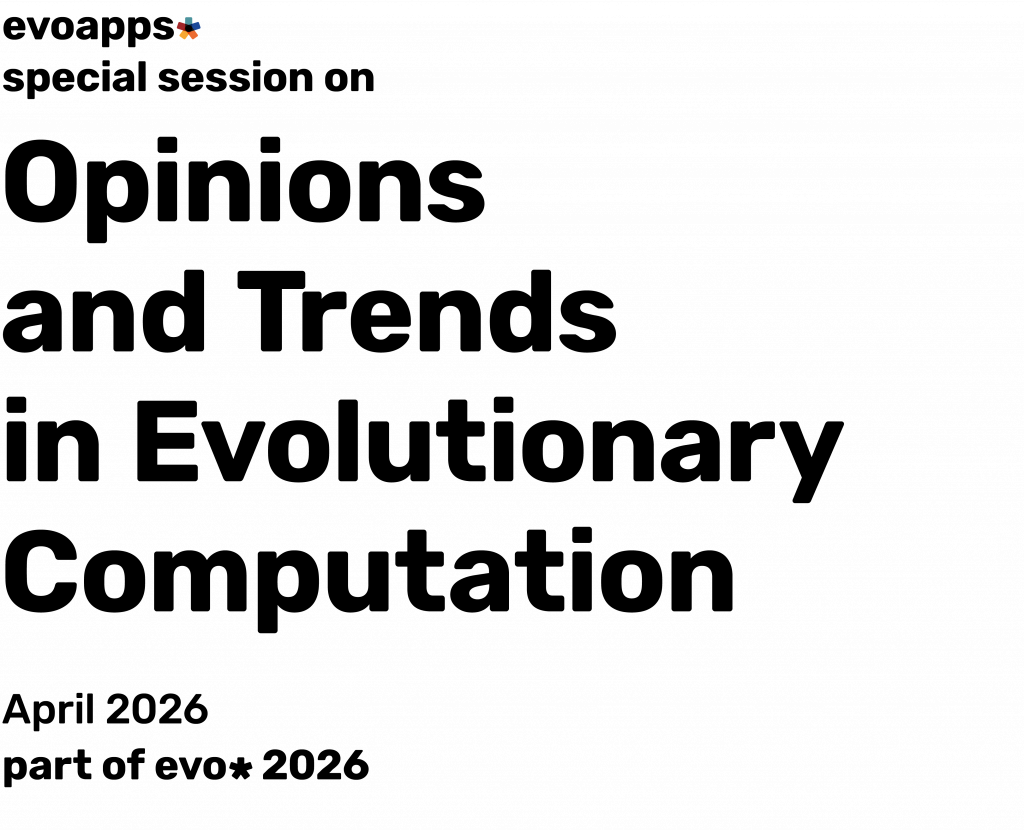
In recent years, Artificial Intelligence has been dramatically reshaped by the rise of deep learning and related paradigms. While Evolutionary Computation (EC) and metaheuristics have a long and distinguished history of tackling complex, high-dimensional, and real-world problems, their position within the broader AI ecosystem is now under renewed scrutiny and redefinition. This moment of change provides an ideal opportunity for the EC community to reflect on its trajectory, its role in shaping the future of intelligent systems, and the unique contributions it can continue to offer.
This special session invites opinion and perspective papers that go beyond conventional research articles. We welcome contributions that provide visionary insights, critiques, reflections, and discussions on the present and future of evolutionary computation, its interactions with other AI paradigms, and its place in science, technology, and society.
Topics of Interest
Topics of interest include, but are not limited to:
- Trends and future directions: Where is evolutionary computation headed in the next decade?
- Opportunities and challenges: What are the most pressing open problems and risks facing the field?
- EC in the age of deep learning: How should EC position itself alongside data-driven paradigms?
- Hybridization and cross-fertilization: Connections between EC and reinforcement learning, deep learning, large language models, symbolic AI, neuromorphic computing, or other paradigms.
- Historical perspectives: Lessons from the past that can guide the field’s future.
- Community and collaboration: Which disciplines and industries should EC experts collaborate with?
- Methodological critiques: Reflections on benchmarking, reproducibility, or the role of theory in EC.
- Speculative and visionary views: Bold perspectives on where EC might (or should) evolve.
Organisers
- Doina Bucur
University of Twente, The Netherlands
d.bucur(at)utwente.nl - Giovanni Iacca
University of Trento, Italy
giovanni.iacca(at)unitn.it